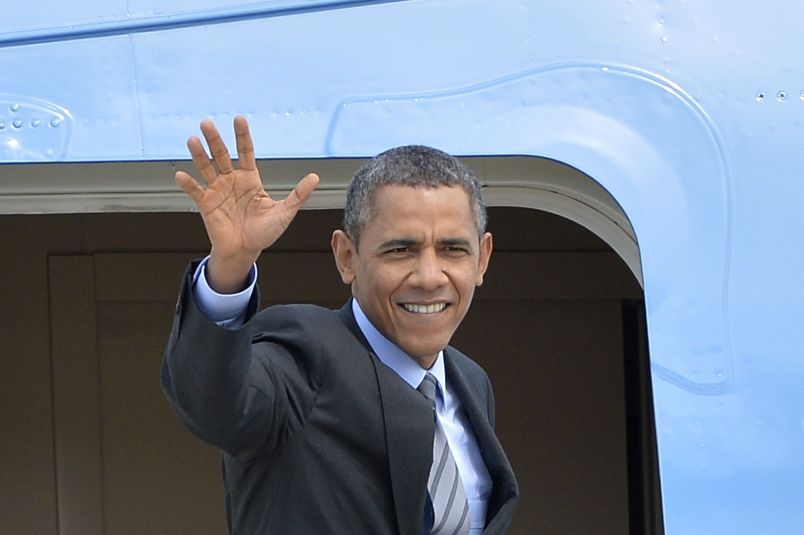Obamacare sign-ups were on track to hit 7 million as the clock neared midnight Monday, the deadline for enrolling in private coverage under the law.
On its own, the number is largely meaningless. The law wasn’t going to succeed or fail in the long term if it hit or missed that mark, which the Congressional Budget Office originally projected enrollment would hit before saying the number would probably be lower after the law’s troubled launch in October.
But the gigantic surge in Obamacare’s final month does suggest something important: People must really want health insurance.
By sheer numbers, March was an unqualified success. About 2.8 million Americans signed up for coverage, 1 million more than December, the previous record month. In the last five days alone, 1 million people enrolled — more than twice as many as enrolled in October and November combined.
The White House worked hard to make that happen. President Barack Obama made multiple media appearances — including some unconventional ones — to hawk the law. Health and Human Services Secretary Kathleen Sebelius trekked across the country for enrollment events and media hits. Celebrities took to television and to social media to advertise the law. In all, administration officials attended more than 45 events in March and grassroots groups held more than 5,000.
It seems all that effort is also making an impact with the one population that everybody, critics and supporters, has been watching: the uninsured. Back in January, independent surveys found the percentage of Obamacare enrollees who had been uninsured was somewhere around 10 percent.
But in a new analysis Monday, the Los Angeles Times reported that that share had increased to 33 percent. A little back-of-the-napkin math therefore suggests that up to half of private enrollees in the law’s latter months had been uninsured. It’s a small dent in the 57 million uninsured Americans before the law, but it is a real impact.
If Obamacare will hit 7 million sign-ups as the AP report, that is one serious last month surge. pic.twitter.com/8fsijgs8rL
— Sarah Kliff (@sarahkliff) April 1, 2014
It’s also not the whole story: The Times estimated that 4.5 million uninsured people had been covered by Medicaid, which doesn’t have an open enrollment period. People can sign up for Medicaid throughout the rest of the year. Another 3 million young adults have gotten covered through their parents’ insurance.
Ultimately, March’s huge surge suggests real demand, which is the key. As the original CBO projection showed, it was always going to take years to really drive down the number of uninsured. The number of private enrollees is supposed to triple, up to 24 million in 2017, with 25 million fewer people uninsured. If the final few weeks of 2014 enrollment are any indication, that’s still within reach.
The jury is still out on Obamacare. Will people actually like the insurance that they’ve bought? Will premiums remain affordable in 2015 and beyond? Those are some of the big remaining concerns.
But one core question — do people want insurance at all? — appears to have been answered.






